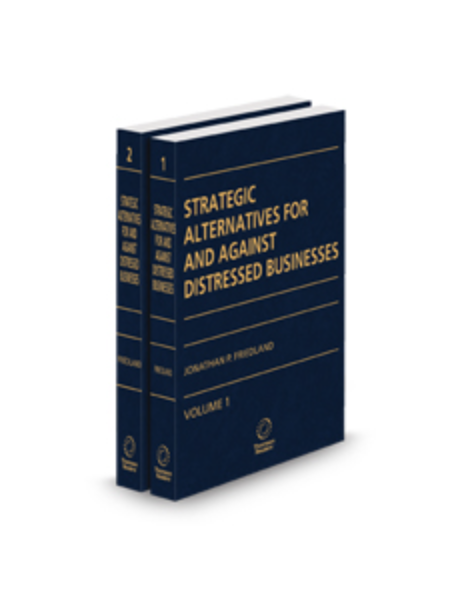COVIDs Effects on Sports at Universities
At the university level, the loss of sports seasons is a significant financial setback to university budgets, and to many others, it is a loss of their favorite social pastime. Revenues from sports, with football and basketball leading the way, offer massive boosts in funding to schools and have made themselves a concrete part of annual budgets. Additionally, the draw that elite sports schools have for recruitment is also an important factor. Many students attend the university that they grew up cheering for in football or basketball. This could lead prospective students to opt to spend a school year attending online courses at a more affordable or accessible university if they feel there is no difference between the two due to the lack of on-campus life, sports, and everything that comes with it. For many reasons, the loss of sports will hurt schools in several ways.
Anecdotally, one mid-major development director noted a few years ago to us that when their school played college basketball in other cities, the school saw an increase in the number of donations from donors living in those cities. Sports became the reminder to re-engage with their school.
With the University of Notre Dame topping the list, the top twenty-five most valuable college football teams combined bring in an annual revenue of $2.5 billion a year. That is a staggering amount of money that will cease to be available if the college football season is canceled. A large amount of these funds are used for paying facilities debts and supporting sports with less viewership. A smaller amount is funneled into academic expenditures. Altogether, most of these powerhouse football schools report only breaking even between their revenues and expenditures. This means that without sports and large crowds, schools that have historically relied on massive sports revenues will have to make serious changes to their budgets.
Schools, athletes, and fans are not the only ones that miss out when crowds are prevented from attending games. The towns where universities host football games benefit incredibly from the influx of fans. Clemson, South Carolina, home to Clemson University, is a small town with roughly 15,000 citizens. On a college football Saturday when Clemson is playing on their home field, it is estimated that the small 15,000 person population swells to over 150,000 people. These fans bring money along with them, paying for food and drink, hotel rooms, gas, and other shopping. Susan Cohen, president of the Clemson Area Chamber of Commerce, claims that each home game brings in roughly $2 million in economic impact that is unrealized on days without football games (multiply that times 7 home games per year that is a loss of nearly $1,000 per resident). This loss, which will be felt even if games are held but without fans, could be devastating to businesses that are already struggling from the economic downturn and rely on the fall football season for a substantial amount of annual revenue.
As it stands in early August, the SEC and ACC football conferences will play a modified season beginning in September against conference opponents only. Additionally, the ACC conference plans to allow all seven fall sports to compete in this intraconference format pending the circumstances of public health when the season is to begin. Overall, this is good news for athletes, coaches, fans, and university accountants, but these games will likely only be viewable on TV and are still dependent on the continued or improved state of public health. This plan means that schools will lack the appeal of gameday atmospheres and miss out on ticket sales or other gameday revenues. For athletes, the loss of a sports seasons could mean an untimely end to over a decade of hard work and commitment. Some student-athletes saw their college athletic careers end without a final season (a final season they were aware of as their last). For some, this was flat out disappointing, but for others, it ruined their last chance to show their value to prospective professional organizations.
Because of their importance for fundraising, recruitment, and enjoyment, students, athletes, fans, and universities alike will lose out if sports seasons are canceled this fall. With most seasons a month away from starting, many schools still plan to play sports in some form, but the COVID-19 pandemic has proved to be an unknown and dynamic challenge. Plans could change in a matter of days as cases spike in college towns or spread through athletic facilities, but many athletic departments and organizations are hopeful that players and fans will see the field this fall even if it is under unprecedented circumstances.
Is your business or nonprofit facing troubles of your own in these uncertain times? Learn more about what the team at NMBL Strategies can do to help your organization succeed by reaching out to info@nmblstrategies.com.





